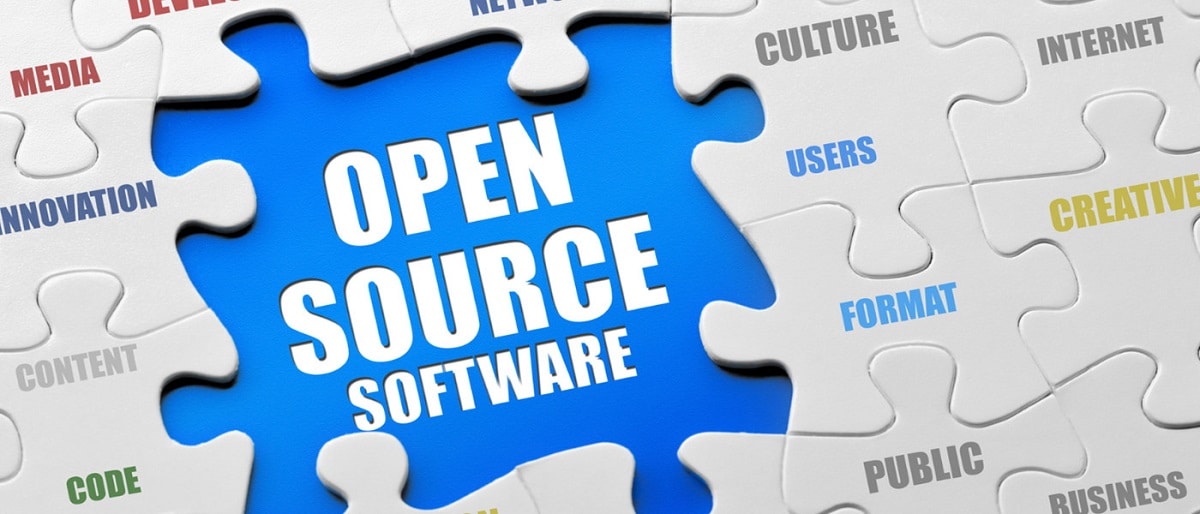
Drew DeVault is a software engineer who writes, maintains and contributes to free and open source projects, mainly working on Wayland (wlroots & sway), SourceHut, aerc, Alpine Linux, etc.
Y After a change in the Elasticsearch license, he did not stop showing his anger and in his blog he made known his position on the change of licenses in Elasticsearch.
“Elasticsearch is owned by its 1.573 contributors, who retain their copyright and have licensed Elastic to distribute their work without restriction. This is the loophole Elastic exploited when it decided that Elasticsearch would no longer be open source, a loophole that they introduced with the same intent from the beginning. When reading their ad, don't be fooled by its misleading language: Elastic is no longer open source and is a movement against open source. This is not a move to "double open." Elastic spat in the face of each of the 1.573 backers and everyone who gave Elastic their trust, loyalty and patronage. This is a move that comes down to the level of Oracle.
“Many of these contributors were there because they believed in open source. Even those who work for Elastic like its employees, whose copyrights have been taken from them by their employer, work there because they believe in open source. I am often asked "how can I be paid to work in open source", and one of my answers is to recommend a job at companies like Elastic. People look to these companies because they want to get involved in open source.
“I hope everyone reading remembers this as one more lesson in the art of never signing a Contributor License Agreement (CLA). Open source is a community enterprise. It is a commitment to register your work in the commons and allow the community to benefit from it collectively, even financially. Many people have built careers and businesses off Elasticsearch, independent of Elastic, and were entitled to do so under the open source social contract. Including Amazon.
"It is not yours. Everybody owns it. This is why open source is valuable. If you want to play on the FOSS playground, you have to follow the rules. If that doesn't interest you, then you are not interested in free software. You are free to distribute your software however you wish, even under proprietary or open source license terms. But if you choose to make it free software, it means something and you have a moral obligation to respect it. "
After that publication, Drew DeVault wrote a second article the next day titled "Betting on open source means giving up the monopoly on commercial exploitation."
In that article mentions that participation in open source requires that you "renounce your monopoly on commercial exploitation."
This is an insightful point about free and open source software that seems to lead many companies to grapple with their understanding of the free software philosophy, and is worth addressing on its own.
It has been evident in recent years that free software is gaining ground in the software world. One fact you will have to accept is that you cannot monopolize the commercial potential of free and open source software.
"The term" open source "is widely accepted as defined by the definition of open source, and its first requirement is:
»[Terms for Free Software Distribution] shall not prevent either party from selling or giving away the software as part of an aggregate software distribution containing programs from several different sources. The license does not require royalties or other fees for such sale.
"This covers the 'OSS' in 'FOSS'. The "F" stands for "free" and is covered by this resource from the Free Software Foundation:
"[A program is free software if users of the program have] the freedom to run the program as they wish, for any purpose, [… and…] redistribute copies."
In addition, clarifies the commercial aspect of this freedom explicitly:
«Free software does not mean non-commercial. A free program must be available for commercial use, commercial development, and commercial distribution. I still have the freedom to copy and modify the software, [and] sell copies. "
Source: https://drewdevault.com
Betting on open source is kakita de la vaquita. Because it turns out that unfortunately, only with open source, you are not going around the corner, because you need proprietary drivers for the wifi of your pc or laptop, more than anything else because if not, then the wifi, most wifis are proprietary drivers. Try to install a distro of the total free roll such as trisquel and see the problems you have with the wifi and with many other things. If you use nvidia, the proprietary drivers are c * jones and even java is better for oracle, that's how it is and a long list. So the safe and effective bet is the current, the reality, I mean the combination of private with free, because it will be that it is for balls and everything else is bullshit and Indian movies.
This happens by what happens.
People seem to have an allergy to licenses like gnu gpl 2 and in practice it is shown that they are essential if we do not want the work of many to be stolen by corporations or unscrupulous people.
As geek as Stallman may be, in the end time ends up proving him right in everything.
I finish reading 2 comments and my eyes bleed, not only from the way they write but also from the knowledge. I'm going back to elementary school, it could be that they teach me what the current comprehension and writing is like. XDDD